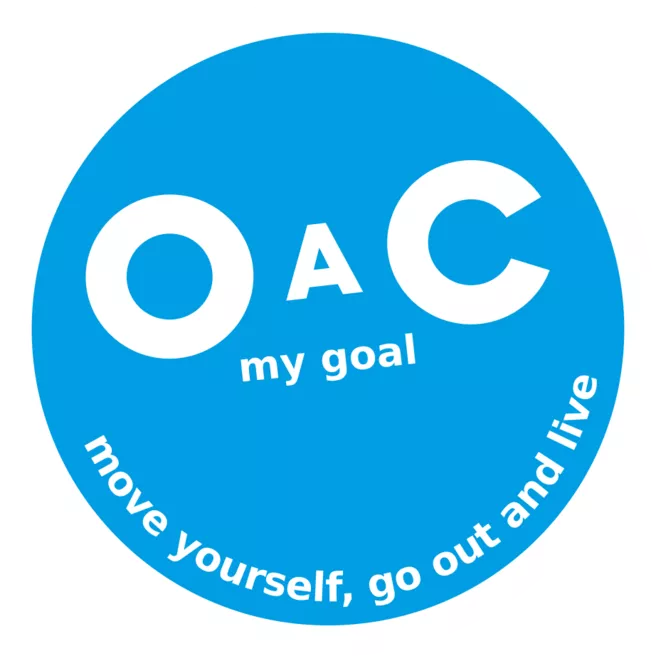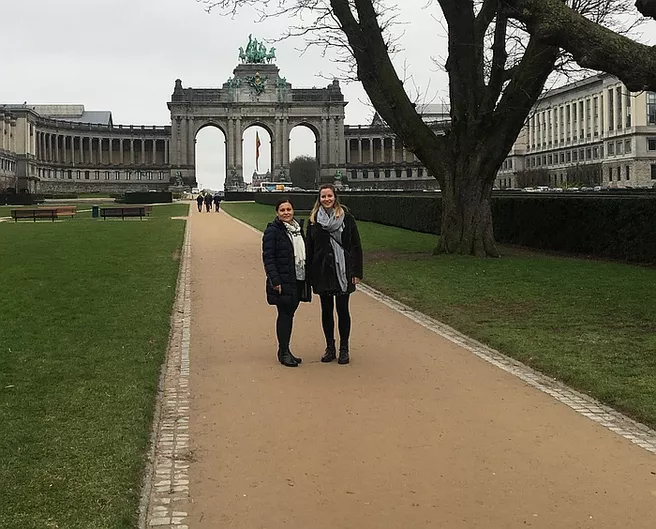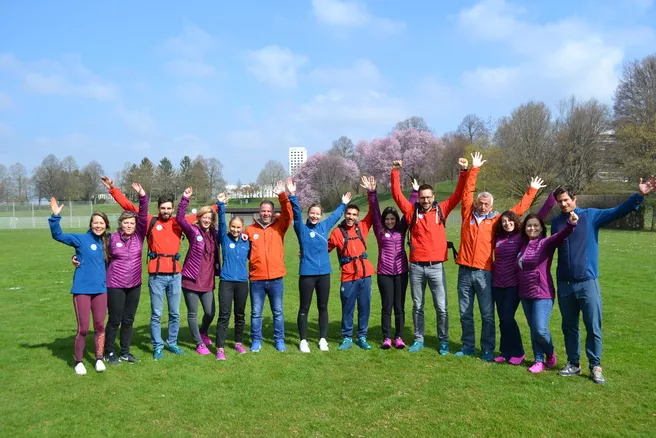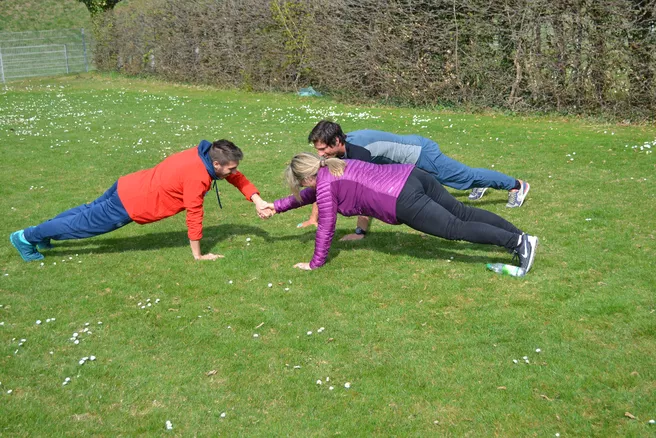Sport for cancer patients. This is the goal of the Erasmus+ project "Outdoor against cancer - move yourself, go out and live" (OaC) by the Chair of Preventive Pediatrics at the Technical University of Munich. The team of Full Prof. Dr. Renate Oberhoffer will thereby promote the establishment of sport groups for cancer patients throughout Europe and will evaluate the positive effects achieved. The European Union will promote OaC until 2021 with a total of €360,000.
"We will train coaches from four countries on the topic of sport and cancer so that they can initiate the offers in their countries as important multiplicators. In this way, we will be able to initiate a practice-related preventional approach," explains Prof. Oberhoffer, who is also Dean of the TUM Department of Sport and Health Sciences.
Co-operation with Five European Partners
In this project, the chair will be cooperating with the Universita degli di Palermo (ITA), the Västerbotten University of Umeä (SWE), as well as the organizations Ceipes (ITA), Cre.Thi.Dev (GRE) and Naturfreunde (Nature Friends) of Kärnten (AUT). Recruited for the Erasmus+ project are the scientific staff members Dr. Hande Hofmann, Dr. Thorsten Schulz and Mascha Reinicke. Dr. Hofmann will lead the international group.
According to information from the Center for Cancer Registry in Germany, approximately 470,000 people receive a diagnosis of cancer annually. This frequently leads to uncertainty in those affected as to whether sport and movement are advisable or not. "Studies show that sport and movement can have a positive effect, depending upon the individual stage of the cancer. For example, the sense of well-being can be strengthened and, in the case of a chemotherapy, side effects can be reduced," describes Dr. Hofmann.
Cancer: Regular Movement is Important
With regard to the kind and intensity of the sport, no generally accepted recommendations exist. "Important, first of all, is that those affected move and that they do this regularly. The kind and intensity of the sport must then be regarded individually from case to case. In the phase after the illness, it is important that those concerned experience an improvement in their performance so that their self-defined limitations are diminished," says Dr. Schulz.
The integration of physical activity into the everyday life of cancer patients has ever more become generally accepted in Germany. In the meantime, this is also offered in various hospitals. "These offers are good, although they frequently only accompany those concerned during their therapy. We want to go a step further and promote offers which lead to long-term movement," explains Reinicke.
Germany: Outdoor Sport Groups for Cancer Patients
In Germany, such sport groups already exist in the context of the "Outdoor Against Cancer" initiative. This was grounded by the journalist Petra Thaller, after she herself had overcome a cancerous illness. "Through movement in nature, one can additionally make use of the positive effects of the exposition to nature, which are increasingly being verified. In addition, the movement is taken from the clinical setting and integrated into everyday life," explains Schulz. This scientific coworker at the Chair of Preventive Pediatrics, together with Thaller, published the book "Outdoor Against Cancer" last year.
Training Courses with Coaches & Meetings
In contrast to Germany, there are nearly no offers such as this in other European countries. In order to change this, the scientists turn to trainers. "We will prepare the trainers in our partner countries purposefully in performing sports with cancer patients, mediate to them the necessary knowledge for this and support the establishment of such groups," says Hofmann. In each country, two to four trainers will be taught according to the German standards. These are then to pass on their knowledge further to other colleagues.
In this way, new sports groups will be developed in Austria, Greece, Italy and Sweden. The target group to be addressed are those between the ages of 20 and 50-years-old, since previous offers had primarily addressed themselves to elderly individuals. Each partner in the project additionally organizes concrete summer and winter sports meetings with 20 patients each. Using questionnaires, the effects of the training are to be examined for the perceived sense of well-being as well as the quality of life of the participants.
A first meeting was already held at the TUM from April 6-7. While ten trainers completed the TUM Sport & Health for Life Training on Outdoor Against Cancer, twelve foreign trainers observed this. The persons responsible for the project subsequently discussed to what extent individual aspects could to be taken over and which challenges exist with the international guests. "The meeting was a good kickoff. The trainers were inspired by the training. It has been shown that a series of points can also be adapted," concludes Hofmann.
The group will continuously provide information about the individual steps of the project via the social media.
To the Homepage of the Chair of Preventive Pediatrics
Information on the Outdoor Against Cancer project
Contact:
Dr. Hande Hofmann Chair of Preventive Pediatrics
Georg-Brauchle-Ring 60/62
80992 Munich
Telephone: 089 289 24578
E-Mail: Hande.Hofmann(at)tum.de
Text: Dr. Fabian Kautz
Photos: Chair for Preventive Pediatrics



